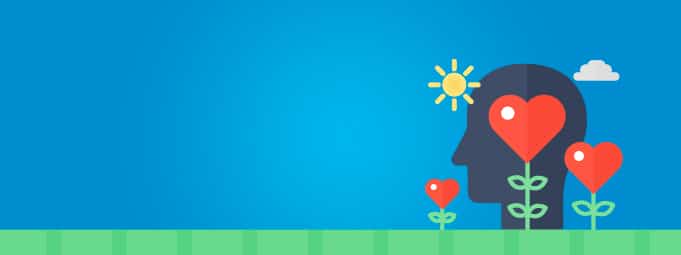
Last year’s pandemic brought attention to the importance of students’ mental health and emotions. Now that schools are returning in person, many schools and educators are looking into SEL learning and how to incorporate it into the classroom.
Social-emotional learning (SEL) is a teaching methodology that guides students of all ages on how to recognize and manage their emotions in a healthy and productive manner. Studies confirm that teaching and practicing SEL learning at school leads to positive student outcomes that are important for success in school and in life.
It provides students the knowledge and skills to better comprehend their feelings, demonstrates empathy, maintains relationships, and makes wise decisions.
In addition, it assists educators in establishing a successful learning environment and experience for collaborative work and meaningful curriculum.
By better understanding their thoughts and emotions, students learn more self-awareness and how their actions affect the world around them. Developing these qualities sooner rather than later can help students become more socially aware and more productive in society.
Educators can attest that once they incorporated SEL learning into the classroom they noticed an improvement, not just in social behaviors and attitudes but also in students’ academic performance. Research indicates that SEL improves student achievement by an average of 11 percentile points as well as improving student attitudes toward school and stress.
As well as a decline in students’ anxiety, depression, and substance use.
Expanding students’ vocabulary helps them express themselves more accurately and with confidence. Additionally, providing positive phrases that students can incorporate into their vocabulary will encourage their sense of self-worth. It teaches them how to speak to themselves in a positive manner and ultimately, view themselves in a healthier way.
Everybody feels and processes stress, failure, rejection, and disappointment in different ways. The classroom is a great place to practice conflict and stress management! The first thing teachers can do is acknowledge and validate their students’ emotions and offer ways they can process them.
Teachers can include coping strategies to help students handle classroom disagreements in positive productive ways. This will not only help students develop interpersonal skills but also help resolve classroom conflicts quickly to return back to the lesson.
Students can take these strategies that they learn with them in the future and apply it for the rest of their lives.
Teaching students to monitor their progress regularly is a great way of encouraging self-affirmation and perseverance. Educators can do this by helping students define their personal goals and creating the habit of returning and adjusting these goals. This allows students to witness their growth over a select period of time to feel proud of their change and themselves.
Art is not only a great way to manage stress but it’s also a fun way to express emotions. Activities like painting, drawing, or crafts are a creative method to developing better self-awareness, imagination, and innovation.
Plus using art in the classroom is always fun!
Classrooms offer a safe and controlled environment for applying SEL learning skills. Use group projects or games to teach students how to work together to complete a task. This will help them practice collaboration, teamwork skills, and critical thinking.
In addition, giving students class responsibilities empowers their sense of self-worth and helps them understand that they are part of a larger community.
Daily or weekly check-ins are a fun and simple way to connect with your students. It doesn’t have to be anything elaborate or time-consuming. This can be an exciting and effective way for you to gauge how your students are feeling and how their emotions may be affecting their performance.
Here at Renton Prep, our student’s safety and well-being are always our top priority. We are constantly advancing our teaching methods to provide the best environment for student growth.
To learn more about our teaching methods and curriculum contact us today, or apply for 2021-2022 enrollment.